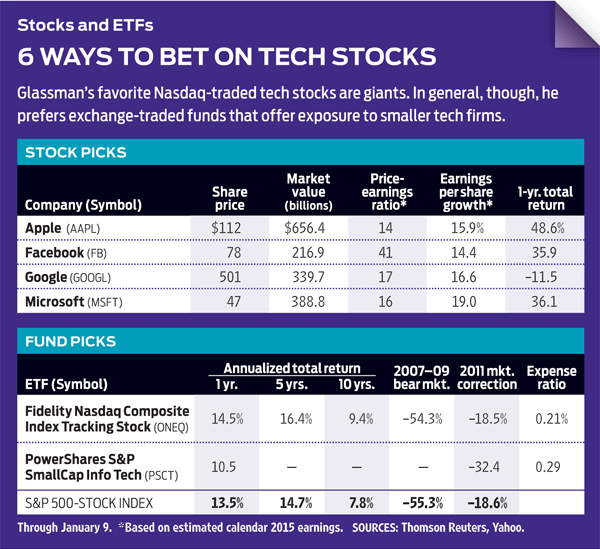5 Stocks to Ride the Real Estate ReboundKiplinger
Post on: 28 Май, 2015 No Comment

High-quality real estate investment trusts will emerge from the recession stronger than ever.
Real estate investment trusts may be back from the abyss, but that doesn’t mean they’re back to normal. Between March 6, when the group bottomed, and May 8, the MSCI U.S. REIT index surged 63%, an indication that the worst may be over. Still, investors looking for the kind of steady, low-risk returns that used to be the sector’s hallmark will be disappointed. Many top-quality REITs have been shoring up their battered balance sheets by cutting dividends and issuing new shares, which dilutes the value of existing shares. And even the most optimistic real estate outlook for the remainder of 2009 calls for falling rents, more tenant bankruptcies and diminishing property values.
So why bother with REITs now? For one thing, their prices are compelling. From their February 2007 peak to their March 2009 trough, REITs lost more than three-fourths of their value, on average. Real estate stocks have been beaten down so badly that if we get any kind of modest economic recovery, I think there is upside in the shares, says Ralph Block, writer and editor of the newsletter The Essential REIT.
In addition, REITs have traditionally been a good inflation hedge — property owners can usually raise rents every year — and their share prices typically don’t move in concert with those of other stocks, making them good choices to diversify a portfolio.
That hasn’t been true lately, though. After a great run during which share prices rose steadily for almost a decade, REITs have encountered the same kind of trouble that has bedeviled many homeowners: They borrowed too much money, based on overstated property values and inflated estimates of rental-income growth. Now, lenders are reluctant to offer new loans or extend existing ones. That’s bad news, given that $500 billion to $1 trillion worth of commercial real estate loans will come due over the next two and a half years, according to Standard & Poor’s.
The resulting cash squeeze has already claimed a victim in shopping-mall owner General Growth Properties, which filed for bankruptcy protection in April. Others are likely to follow. Even healthy REITs are conserving cash by cutting dividends or, thanks to an emergency ruling from the IRS, by paying as much as 90% of their dividends as shares rather than cash, an option that expires at year-end. During the first quarter, 55 REITs, or roughly half of all publicly traded REITs, cut or suspended their dividends, compared with 43 that did so in all of 2008.














